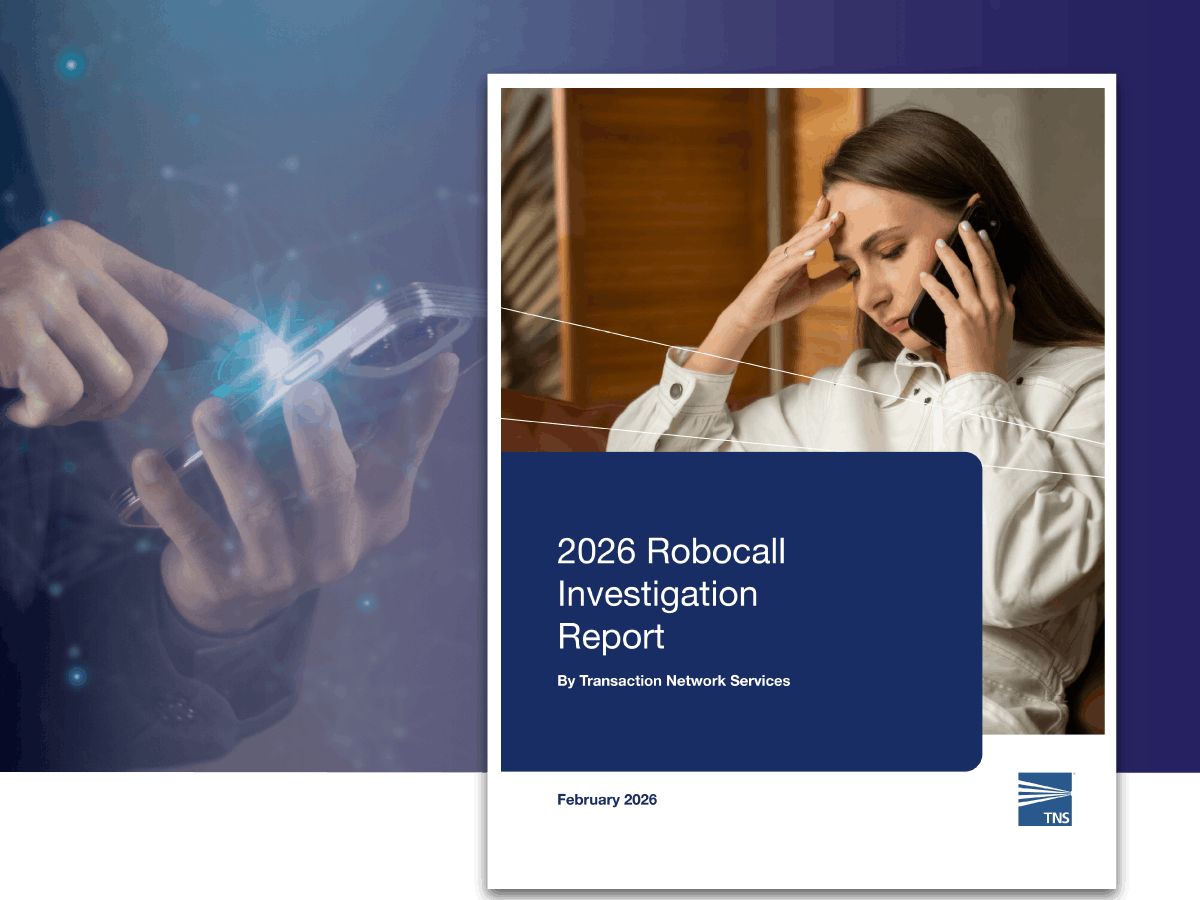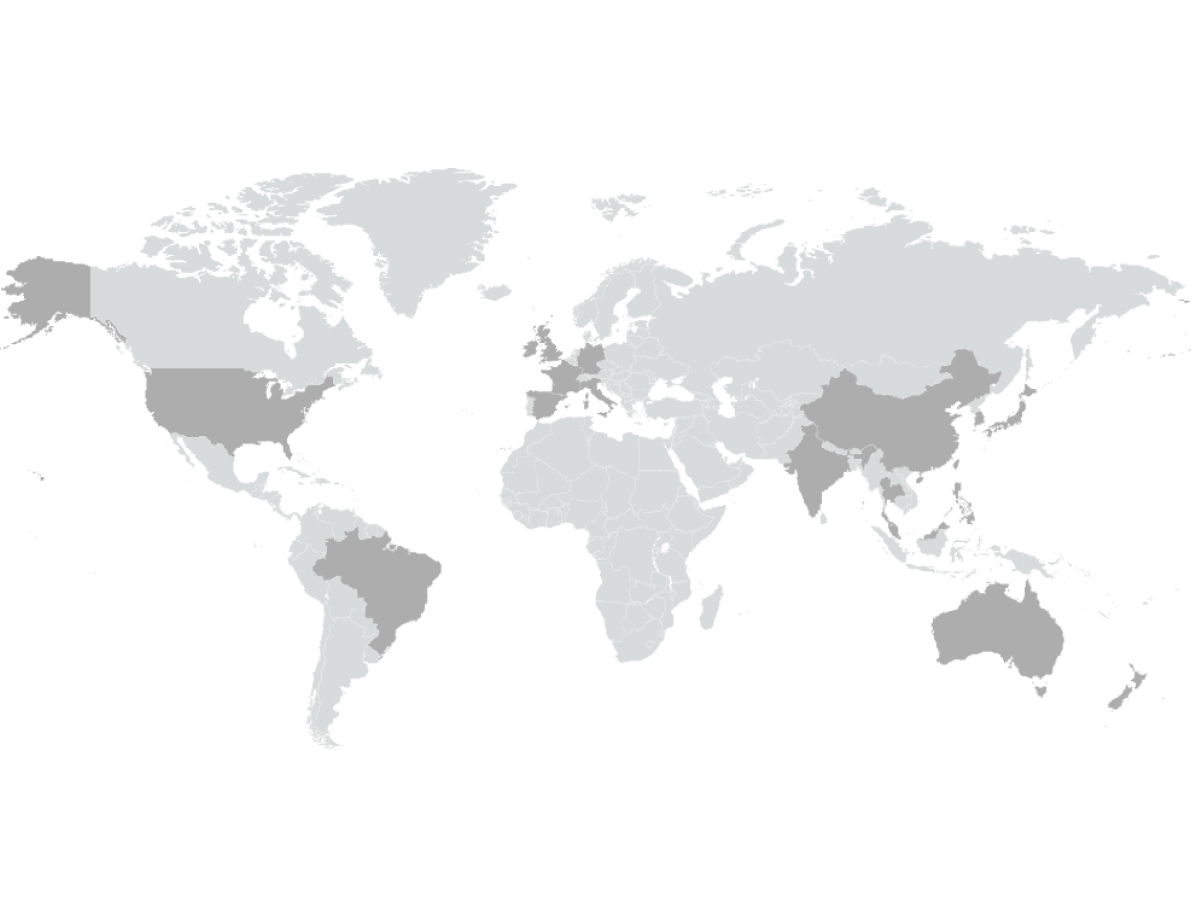As we approach an election year in 2024 in the US, TNS’ Robocall Protection team will be sharing information on any new scams circulating in order to help protect consumers. Political calls are beginning to ramp up and they will only continue to grow as the elections become closer.
Political Campaign Donations
One of the most common forms of fundraising for political campaigns is collecting over the phone. The FCC lays out very clear rules for campaign fundraising. Political campaign-related autodialed or prerecorded voice calls, including autodialed live calls, autodialed texts and prerecorded voice messages, are prohibited to cell phones, pagers or other mobile devices without the recipient’s prior express consent. Although, campaign related autodialed or prerecorded voice calls are allowed to landlines, but they must identify the following information:
- The identity of the business, individual or other entity initiating the call must be clearly stated at the beginning of the prerecorded message.
- If the calling party is a business or corporate entity, the entity’s official business name must be stated clearly at the beginning of the message.
- The telephone number of the calling party must be provided, either during or after the message.
Illegitimate campaigns may ignore these rules. They may also use spoofing to pose as the DNC, RNC and other political entities. If you wish to donate to a campaign, it is best to visit a verified website or their local campaign office directly.
Election Surveys
Surveys and polls are conducted during election season to allow parties to learn about voting trends. Scammers may call and offer a prize or compensation in exchange for answering survey questions, but they are really attempting to gain your personal information such as address and credit card details.
Legitimate political polls rarely give out prizes and they do not need your credit card information. If the call seems trustworthy it is okay to share how you are planning to vote and demographic, but they will not need personal information such as your address, email, etc. Stay vigilant after voting, these calls often continue after election season as post-election opinion surveys ramp up.
Voting
Voting registration cannot be done over the phone, so if you receive a call from someone claiming that your registration has expired, it is safe to consider it a scam. Do not share your address, social security number or any other personal information with someone calling about voter registration.
In the US, voters can only cast ballots in person at their designated poll or through mail-in ballots. Scammers may call and claim that you can do so over the phone. This is also an immediate red flag and less of a tactic to gain your personal information, but more to prevent people from voting since you may think you have already cast your ballot over the phone. This is a highly illegal practice. If you receive a call asking you to vote over the phone or another election related scam, you can report it to the FCC here.
Call-blocking apps, including those powered by TNS Call Guardian®, are also a great resource for reporting and blocking unwanted robocalls. Stay vigilant, share information about scams with others and be sure to check out our monthly Scam of the Month page updates.
John Haraburda is Product Lead for TNS Call Guardian® with specific responsibility for TNS’ Communications Market solutions.
Call Guardian is a registered trademark of Transaction Network Services, Inc.






